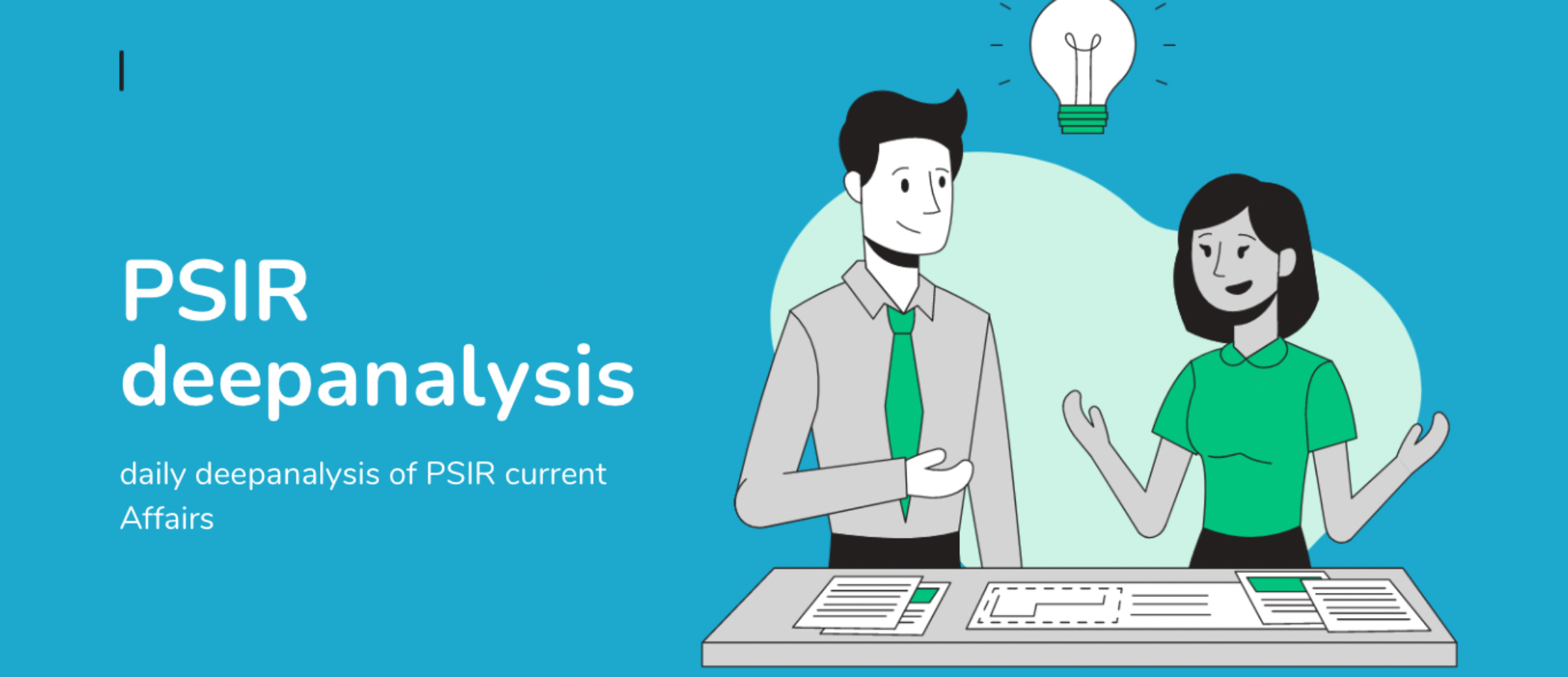Preamble
-
Sovereignty – It refers to independent authority which has 2 aspects –
-
A sovereign need not consult any outside authority for acquiring, holding or needing territory.
-
Similarly it need not consult for the purpose of making laws for regulating the conduct and behaviour of its people.
-
-
-
A sovereign must always exercise its authority, in the spirit of “Parens Patriae” for the welfare of people, sovereign power is legal power deriving authority fro people, in this regard paramount power is different from a sovereign power.
-
Parens Patriae may be inferred from a combined reading of Art 38, 39, 38A.
-
Digital Sovereignty – Refers to independent over such cyber space where India has stored critical state info.
-
Data Sovereignty – Links with the data parenting to citizens and their right to privacy.
-
-
Socialist – Refers to promotion of social justice i.e guarantee of a minimum standard of good life from all. Within its scope is not only equitable distribution of resources but also every aspect of DPSP which is for promoting good life. Ex – Right of working population, women, children and citizens also provision for improved life in villages.
-
It is different from western socialism which does not allow individual ownership of property, such socialism can’t be followed in India because of Art 300A.
-
Indian socialist agenda arose with advent with Gandhi in freedom struggle, he promised to people minimum standard of good life, thereby initiating struggle towards socio-economic democracy, entire freedom struggle became mass movement.
-
Economic liberalisation is not opposed to socialist agenda because it leads to employment generation, like in wages and salary, boost to GDP, infrastructure development, better tax-revenue collection with which may be undertaken social welfare schemes.
-
Corruption and crony capitalism are opposed to socialist agenda because corruption generates black money which can’t be used for above purpose, intact it enriches underworld through Hawala transactions.
-
Indian Secularism –
-
Indian secularism arose in context of multi religious and deeply religious society where every religion has social evils and opposed class of peoples.
-
So the purpose became equal protection by state to be afforded to all religion. State to undertake religious reforms and also protect oppressed class of people.
-
Indian secularism therefore is based upon principle of state neutrality and positive role of state. Aid may be given, hurdle may be imposed and state should have policy in matter of religion.
-
-
Secularism Vs Communism –
-
Indian secularism has deviated from the visions of our constitution makers as is evident from rise in communal violence due to Hindu-Muslim riots, mob lynchings, cow-vigilantism. The events pertaining to undoing of Shah Bano case judgement and the demolition and the demolition of Babri Masjid can’t be justified under Indian constitution.
-
Due to these above debate has taken a centre stage and is mobilising and polarising people.
-
Some suggestion to restore Indian secularism –
-
Both centre and state together must jointly prevent acts of communal violence. Union must use its constitutional powers also a specific law on mob lynching on union level will be a welcome step.
-
Steps should be taken to impart skills on muslim, so that their skill is recognised, if not internationally then at least in national market once again.
-
Temples, mosques, churches, Wakf board should undertake more welfare activities. Ministry of Minority Affairs has recently decided to geotag wake board property and construct free of cost schools, hospitals etc.
-
-
-
-
Democratic Republic –
-
Democracy – Means rule by majority and not by minority. Elected majority can make such rules which may be tyranny of majority over minority and people as groups are the ultimate sovereigns.
-
Democratic Republic – there is no majoritarian rule i.e the majority can’t crush rights of minority. People as individual are ultimate sovereign.
-
